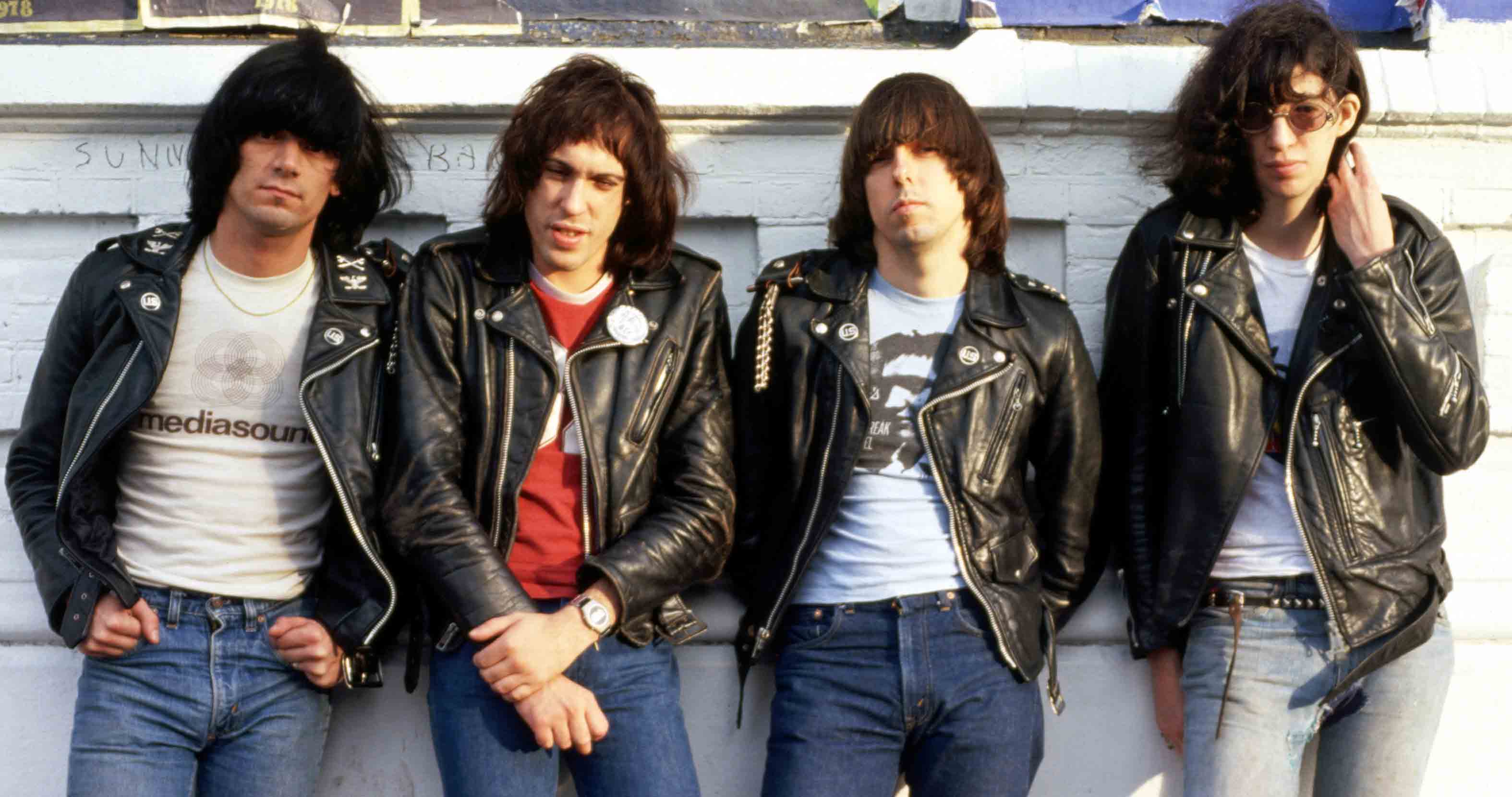There’s a school of thought that suggests you have to mean every word you sing, that the songs are born out of personal experience, and you need to live it like you sing it. Nick Drake and Ian Curtis delved to the depths of their souls, and lost their lives in the process. Mark Kozelek and Mark Eitzel exposed their own failings and regrets through songs, whilst Elvis Costello laid himself bare, inviting the world to pass judgement. But whilst this does make for an intensely personal listen, it doesn’t strictly mean that you have to suffer for your art…
-
-
There’s a certain school of thought that declares punk rock as the saviour of music, wiping away an era of awful, bloated sounds. It was essentially the ‘Second Coming’ of good music, without needing a ‘First Coming’ to justify that title. “NO FUTURE!” screamed the punks, but what they really meant was “NO PAST”, and over the years, as the music press has become populated by the disciples of punk, this has become accepted as fact. And of all the victims of this cull, none fell further than progressive rock. With the way people listen to music having irreparably changed,…
-
Everyone needs a nemesis. It’s undeniable; a nemesis inspires, keeps one’s internal momentum constant and forces a person to think of new and interesting ways to screw over their rival. The importance of nemeses and the depths to which we sink to spoil our adversaries is the central conflict that exists at the heart of Ron Howard’s latest film, Rush. The film focuses on the rivalry between two Formula 1 drivers during the 1976 season: the English James Hunt (Chris Hemsworth) and Austrian Nikki Lauda (Daniel Brühl). Beginning in the Formula 3 division in 1970, the film follows their rise…



